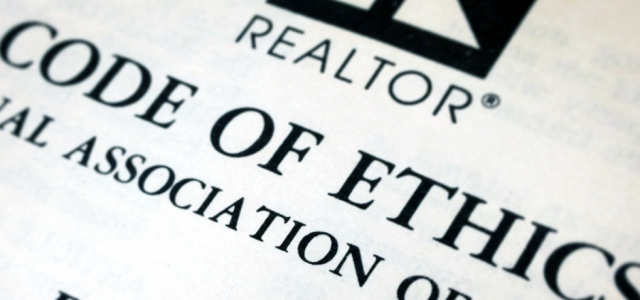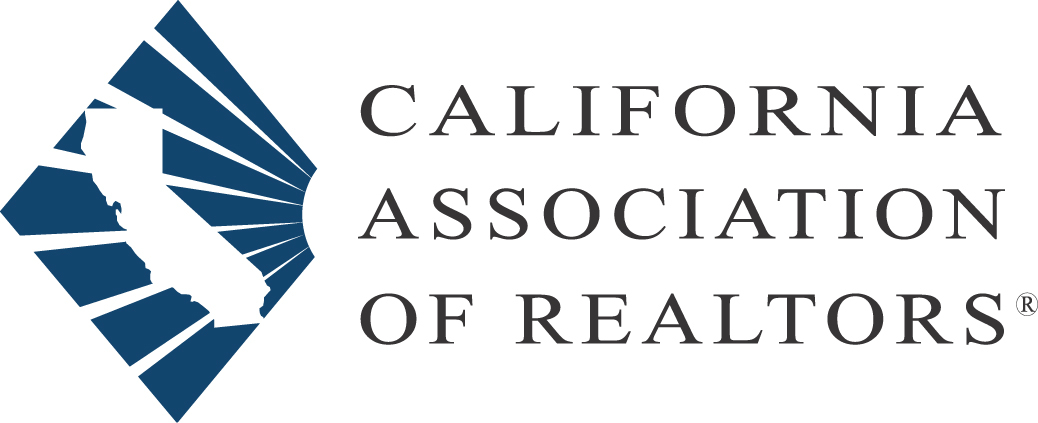The Code of Ethics for Real Estate
"Ethics" refers to customs, values and practices a society or community consider to be morally sound, by which our behavior is measured. Ethics are considered especially important when related to the activities of skilled or influential professionals. Although there is not an official code for all real estate agents, many are members of the National Association of Realtors, which has an ethics code. The Code of Ethics and Standards of Practice of the National Association of Realtors has 17 articles which can be summarized in the golden rule: do to others as you would like them to do to you. Failure to follow this code of ethics can cause a member to lose his membership.
Duties to Clients
Real estate agents have responsibilities to their clients. They need to promote the interests of their clients first, while they remain obligated to treat all parties fairly and honestly. Agents should not mislead owners or buyers on the market value of a property or the savings they can make through their services.
Agents should not to exaggerate or conceal pertinent facts. They cannot represent themselves, immediate family members or companies they have an interest in without informing the owner in writing. Agents should keep a special account, separate from their personal accounts, to hold monies in trust for clients or other parties in a real estate transaction.
Duties to the Public
Real estate agents can't deny services to people for reasons of race, color, religion, sex, family status or nationality. Agents should also be careful not to provide "specialized services" in fields they are not competent. Agents must be careful they do not produce misleading adverts. However, agents can offer prizes, bonuses and other incentives for clients who hire them, as long as the terms of the offer are clearly explained. Real estate agents can't provide legal advice that constitutes unauthorized practice of the law; instead, they must recommend contacting a lawyer.
Duties to Other Members
Real estate agents should not making false statements about competitors or solicit the business of exclusive clients of other agents. This restricts agents from targeting the clients of other agents by phone or mail. However, this practice is acceptable if the services offered are different than what the other agent is currently offering. It is fine to offer property management services to the existing client of an agent who is offering brokerage services, for example.
The Code of Ethics and the Law
A code of ethics is not the same as federal or state law on real estate. Although the code of ethics may usually require higher standards of practice than the law, it is the law that takes precedence in any conflict. Real estate agents, regardless of the professional organization they are affiliated to, should be familiar with the real estate laws of their state.
State Codes of Ethics
Each state's professional association provides its own guidelines for real estate agents. The California Association of Realtors, for example, produces its code of ethics and arbitration manual to apply the National Association of Realtors code to California state law. Whether you are a real estate agent or a consumer, you should become familiar with both the national and state codes of ethics as these will apply to all the real estate transactions you are involved in.
REALTOR® -- A Registered collective membership mark that identifies a real estate professional who is a member of the National Association of REALTORS® and subscribes to its strict Code of Ethics. Inquiries regarding the Code of Ethics should be directed to the board in which a REALTOR® holds membership.




